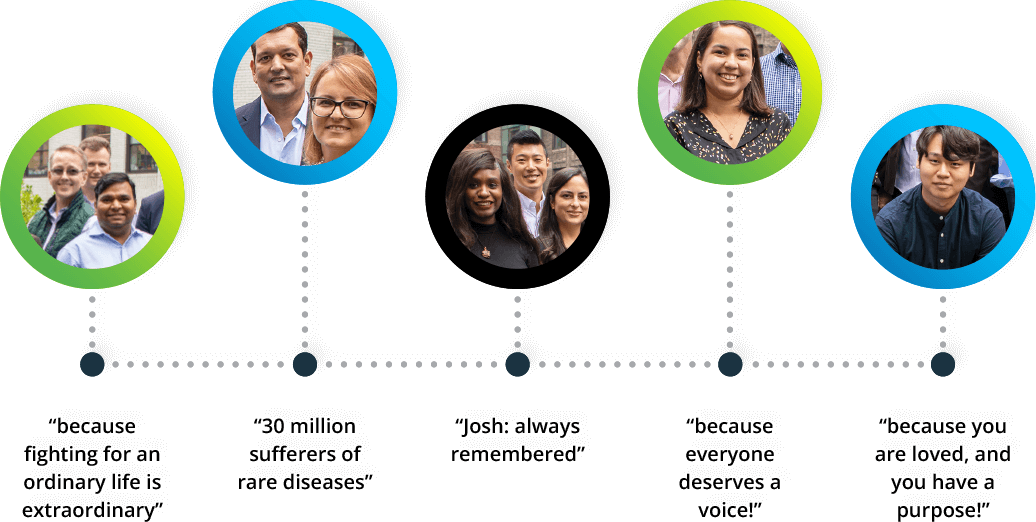why we care about rare
Beyond our shared passion to create meaningful therapies for the people who need them most, each and every “Ovidian” has their own personal reason for changing the rare disease landscape.
There’s a difference between developing a drug and creating a medicine. And that difference is Ovid.
To us, bringing a medicine to life means truly understanding the physical and emotional healing power it will have in the lives of individuals with rare neurological diseases and their families—a purpose that defines us as a company, and what makes us bold.
Each and every one of us exemplifies our core value of what we call “Optinacious”—a hybrid of ‘Optimistic’ and ‘Tenacious’. Here, we foster the appetite for growth and knowledge-sharing while making the unattainable, attainable in rare neurological diseases. This is BoldMedicine.
Beyond our shared passion to create meaningful therapies for the people who need them most, each and every “Ovidian” has their own personal reason for changing the rare disease landscape.
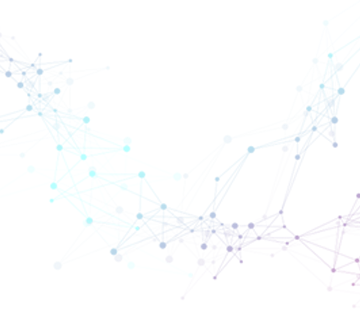
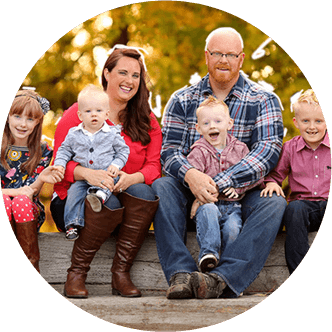
With our passion and dedication in the space, it’s no wonder we were selected by BioSpace as one of the Top 20 Start Ups to Watch in the biotech sector.
We’re always looking for BOLD people who are passionate and committed to transforming the lives of individuals with rare neurological diseases. And at Ovid, we welcome diversity. We believe the more perspectives we have in a room, the BOLDER our ideas can be.




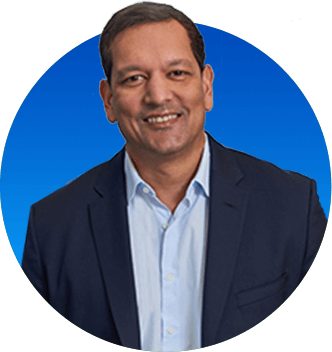
Ovid is committed to diversity and to equal opportunity employment. Ovid does not discriminate against employees or qualified job applicants on the basis of race, color, religion, creed, national origin or ancestry, ethnicity, sex, gender (including gender nonconformity, status as a transgender individual, and gender identity and expression), age, height, weight, physical or mental disability, citizenship, military status (including past, current, or prospective service in the uniformed services), genetic information, predisposing genetic characteristics, marital status, partnership status, sexual orientation, caregiver status and any other characteristic protected by applicable federal, state, or local law.
